









2020 was a challenging year for people across the globe. The coronavirus pandemic sowed fear, suffering and uncertainty, and it brought into relief many of the injustices that define our era: growing power asymmetries; ongoing race-, socioeconomic- and gender-based oppression; and rising authoritarianism, to name a few.
Within The Engine Room, 2020 was a year of navigating how to support one another across diverse and challenging contexts, bringing joy where we can, while working hard to serve our partners and our mission. Civil society’s reliance on digital tools has continued to grow, as have the vulnerabilities unleashed by new technologies. In the context of the coronavirus, social justice communities across the globe are increasingly operating in digital spaces, often with limited resources and under difficult circumstances.
Accordingly, there has been a surge of interest in responsible data practices, organisational security tools, and sustainable and alternative technical infrastructures. Alongside these developments, we’ve also seen growing consensus within the sector that we need more justice-oriented, rights-respecting, consentful alternatives to existing technology solutions, and social justice communities are playing a crucial part in developing these.

Earlier last year, through a team-wide effort, we updated our organisational strategy. This new strategy re-focuses our work to explicitly support social justice causes, and emphasises our desire to embrace the inherent complexities of working with technology. Throughout the year, we took steps towards putting our new strategy into practice–in our partner selection, across the organisation and within our programmatic teams.
In 2020 we supported over 100 partners in their work with data and technology. With some, we worked on design and maintenance of technical projects, including a platform that documents institutional violence, a database to keep track of misspent funds and corruption, and more. With social justice groups, we reimagined programmatic priorities, redesigned internal workflows, and supported shifts from in-person to digital spaces.
In our efforts to support a more resilient civil society, we tackled some big questions in our research, such as: What are the paths towards more equity in the tech and human rights space? What does it take to support the growth of the organisational security community? What does the current ecosystem of human rights documentation tools look like, and where is it headed?
In a year that highlighted the importance of mental well-being and work-life balance, we continued to make public our internal learnings about what contributes to a good workplace. We shared some insights on how we translated our in-person retreat into a virtual event, what it takes to build trust in a remote environment, how we supported our team through an ongoing public health crisis, and the ways in which we keep our digital infrastructures in order.

As we step into 2021, we will continue supporting civil society to use technology and data in strategic, effective and responsible ways. The stories below illustrate how we work to build evidence; listen, share and connect; and strengthen capacity.

Sincerely,




The world has changed a lot since 2017, when we drafted our previous strategy. From the current global pandemic to ongoing political shifts and the impacts these continue to have on justice and human rights, we’re living at a time where robust and resilient civil society activism is critical to wellbeing around the world.
Our vision is for social justice movements to use technology and data in safe, responsible and strategic ways, and we have updated our strategy to reflect our intentions for the next few years. While our work isn’t changing fundamentally, our new strategy is more explicit about our politics–we’re focusing on social justice and redistribution of power across movements. We plan to undertake work in three broad categories: building evidence; listening, sharing and connecting; and strengthening capacity. Explore our work in these areas below.

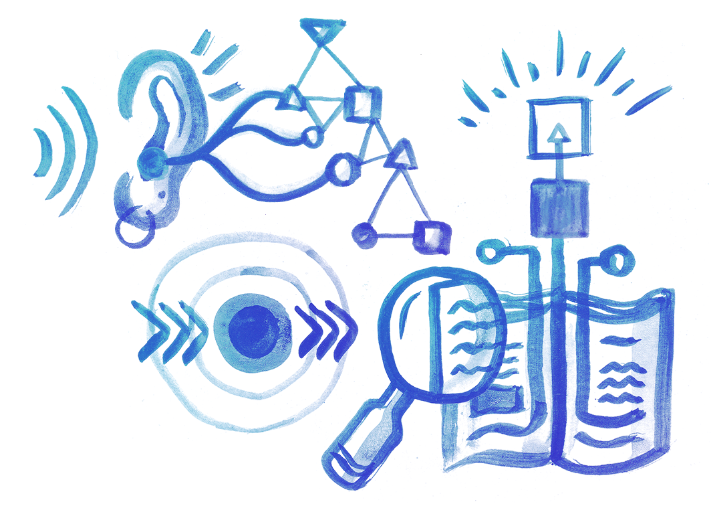



This year, together with Open Society Foundations, we worked on a research project to identify ways to increase equity in the tech and human rights space through funding practices. Our aim was to help funders to better support organisations who are doing impactful work but who nonetheless struggle to obtain funding.
We found that existing power asymmetries heavily influence what type of work is visible in the sector, as well as which actors have access to funding opportunities. Though the challenges faced by organisations working with tech and human rights echo those faced within the nonprofit sector as a whole, these challenges are in many cases made worse by conditions particular to the current state of the tech and human rights field. These include, for example, a rise in the number of new organisations in the space, a scarcity of targeted resources, and an absence of established “best practices” for funding technology projects.
Our research [English] [Spanish] explores challenges to equity and funding practices that seek to counter power asymmetries and work toward a more equitable ecosystem. If long reports aren’t for you, subscribe to this report’s Propeller Series, which breaks the report down into concise weekly emails over the course of six weeks.
As stewards of the Responsible Data (RD) community, in 2020 we focused on creating space for learning, engagement and knowledge-sharing. 2020 was also the year the RD mailing list turned five! (You can sign up to join it here ). Since its inception, we’ve seen the list grow from a small community of activists and practitioners to a hub that brings together over 1000 members from a range of backgrounds, experiences and areas of expertise.
In 2020, three topics of conversation stood out on the mailing list:
Contact tracing apps. The global pandemic led countries across the globe to consider (and implement) digital contact tracing applications. Civil society responded with appropriate concern and, as a community, we continued to monitor the responsible application of this technology.
The intersection between responsible data and transparency, particularly surrounding the historically opaque contracts between large corporations such as Palantir or Amazon and governments or aid organisations.
Informed consent. We saw a flurry of discussions around what it actually means to implement informed consent, which included a virtual roundtable on “managing consent in practice” and an exploration of how we approached consent and responsible data in our Digital ID research.
In an attempt to facilitate more serendipitous connections between RD community members, we also piloted a new initiative, RD Community Connections, through which we arranged online chats between individuals within the community based on shared interests. From academics who wanted to learn more from practitioners, to folks interested in responsible data practices across sectors like government, humanitarian work and journalism, we had over 60 participants from over 21 countries. We will be launching a second round at the start of 2021, read more about it here.

Digital ID systems have the potential to affirm or threaten a broad range of human rights. Earlier this year, after working with in-country researchers Bangladesh, Ethiopia, Nigeria, Zimbabwe and Thailand, to understand the real-life consequences of digital ID systems in their contexts, we shared a comprehensive report of our findings, along with five case studies.
Our research surfaced key tensions within digital ID ecosystems, including empowerment versus surveillance, data sharing versus data privacy, and benefits for some versus harm to others. Going into 2021, we are broadening our understanding of digital ID and exploring how diverse civil society actors could design justice-focused and rights-respecting digital ID systems.
Since 2019, we’ve collaborated with Internews to better understand how the organisational security (orgsec) community is growing and to uncover opportunities for supporting that growth. In 2020 we channelled our learnings from this research into a toolkit designed to strengthen the work of orgsec practitioners, security researchers, internet freedom community facilitators and funders. Among other things, the toolkit includes a report summarising learnings [English] [Spanish] from our community research, a collection of case studies, and a monitoring and evaluation framework. We also facilitated the development of a Code of Conduct and Community Guidelines for the orgsec community.
For civil society organisations documenting human rights abuses, technology can play a key role in their documentation workflows. In 2020, we worked with PILPG and HURIDOCS on the first phase of a project aimed at understanding and strengthening the current ecosystem of documentation tools.
What we learned from our research will be unsurprising to anyone working in human rights documentation: among other considerations, tool development always needs to be attuned to local contexts, documenters need to be included and engaged in the design process, and tools need to cater to varying levels of technological skills. In the next phase of this project, we will support PILPG in working with tool developers and documentation groups to respond to some of the technology needs identified in the first phase.
Through our Matchbox partnerships, we accompany partner organisations through the design, development and implementation of their tech- and data-heavy projects, providing contextual, holistic support. In 2020, we worked with six partners from five different countries. We also spent some time re-imagining what Matchbox may look like in the future, and are excited to incorporate new components to the programme.





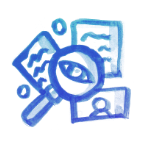


With Private Public Development Center (PPDC), a Nigerian organisation using open contracting tools to improve procurement governance, we conducted user research to support the release of an updated version of their platform, Budeshi. This launch came at a strategic moment, ensuring that citizens and journalists would have access to data about Covid-19-related contracts awarded by local authorities.


The Legal Advisory Information Center (LAIC) in South Africa works on making land tenure and rights more inclusive, just and equitable through their legal empowerment work. Together, we explored how data and technology could amplify access to justice for unserved communities in the country and worked with the centre to strengthen their organisational responsible data policies.


Centro de Estudios Legales y Sociales (CELS) is an Argentinian organisation that works to document police and institutional violence. We teamed up with them to construct a new documentation database that would better fit their needs and support them to create a public-facing website, Violencia Policial, allowing the organisation to share trends, data and stories about institutional violence–and those whom it affects–in Greater Buenos Aires.
Also in Argentina, we collaborated with Asociación Civil por la Igualdad y Justicia (ACIJ)–a civil society organisation promoting access to information, transparency and government accountability–to update their Budget Monitor platform, designed to flag government budget reallocations, which can indicate misspent funds or corruption.
For most of our partners, this year brought unexpected changes and worsened existing challenges. In a world affected by a global pandemic (and in many contexts, political instability), civil society organisations had to quickly transform their operations.
Through our Light-Touch Support (LiTS) programme, we supported over 70 organisations this year as they reimagined their programmatic priorities, redesigned internal workflows, developed new ways of addressing communities’ needs and shifted in-person activities to digital spaces.
With ESIP’s Community Data Cluster, we explored responsible and effective ways for the organisation to bring their earth science data expertise to others working on similar challenges. We worked with Icon Enterprise Foundation as they planned a new organisational strategy that included a data and tech component, guiding them through the process of assessing their readiness and what resources it would take for them to reach their objectives. We supported ICCA Consortium, an organisation working on indigenous lands rights issues, with finding safer hosting and email options based on their context, preferences and needs.
We also published resources for folks who might be new to working remotely, based on nearly a decade of being a remote team. Check out:
As many civil society actors in the region are operating in environments where transparency, accountability and democracy are threatened, adopting a strategic approach to data and technology is an important part of creating sustainable solutions. Through a project called Learning Lenses we supported three Latin American organisations in reflecting on how they use data and technology in their work.
With Bogotá-based social innovation lab Movilizatorio, we collectively identified opportunities to strengthen the team and develop a lightweight monitoring and evaluation framework for ongoing tech initiatives.
Through a series of workshops with Instituto de Liderazgo Simone de Beauvoir (ILSB), a feminist civil society and training organisation based in Mexico, we uncovered opportunities to incorporate data and tech into their work, while being mindful of the needs and realities of the communities they work with.
With Peruvian nonprofit organisation Hiperderecho, we designed strategies to better extract learning from projects and to elaborate tech projects according to their values and organisational purposes.




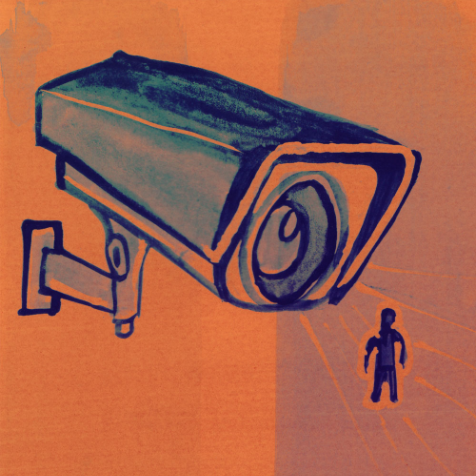

Social justice communities forced to operate exclusively in digital spaces for the first time are facing a digital emergency. In 2020 many civil society organisations–particularly those working in service provision or public-facing roles–had to quickly reimagine their programmatic objectives and goals, especially in the face of official measures and social restrictions impacting their typical activities.
Many groups have had to transform their work and operations in the context of unstable political conditions, or a severe lack of internal capacity and resources–or both. At the same time, migrating to digital infrastructures has increased activists’ traceability and vulnerability.
Ultimately, this means that social justice communities have to keep investing heavily in their digital resilience, especially if demanding more accountability from their political and industry elites is part of their core mission. In the coming years, we remain keen to support activist groups in increasing their digital security, boosting their technical intuition, and developing ways of responsibly integrating tech and data into their work.
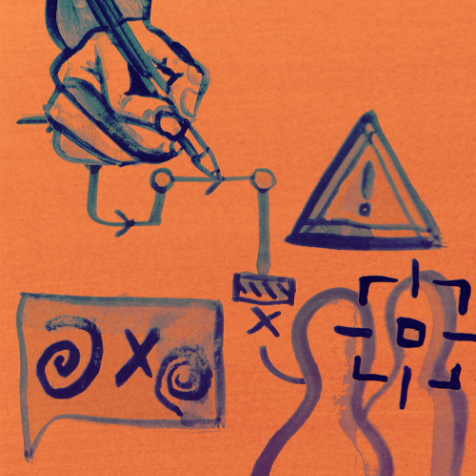
The pandemic has deepened many of the inequities that define our era, in many cases further enabling racialised surveillance, algorithmic oppression, the spread of misinformation and online violence against vulnerable communities. Digital technologies continue to create new forms of knowledge asymmetries, normalise everyday digital intrusions, and cement unjust power and wealth accumulation. In light of all this, it’s clearer than ever that technology and data need to be drastically reimagined to meet the needs, politics and principles of everyone, not just a powerful few.
Social justice communities can play a crucial role in reimagining the contours of our digital systems–in fact, 2020 has shown us that some of the structures that we take for granted can in fact change rapidly where there’s political will and collaboration. Moving forward, we’ll continue working closely with our allies to build towards a more justice-oriented approach to technology and data.

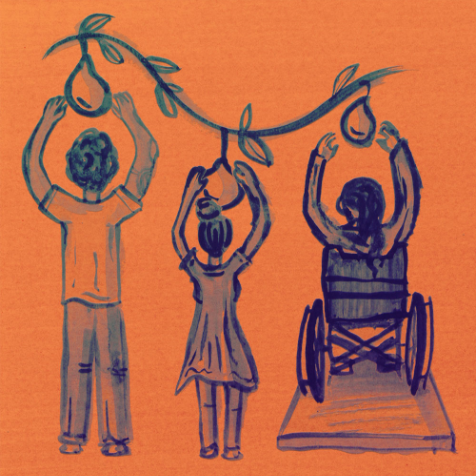

As outlined in our updated organisational strategy, we now have a refined focus on supporting actors explicitly working towards social justice and equity. This renewed emphasis on equity doesn’t only affect the issues we engage in; it also shapes our own behaviours internally and our position as an organisation that’s part of a larger movement.
With stable funding and relative influence in the space, we think a lot about the role power plays in our external-facing work, and how we can provide support to others without perpetuating harm. As a result, we’re taking steps like developing participatory research processes, offering compensation to interviewees from resource-constrained organisations, and making sure that the evidence we build is accessible to everyone. Internally, we strive to weave equity into the structures that support our work, including in our team structures, our strategy refresh processes, and our recruitment processes.

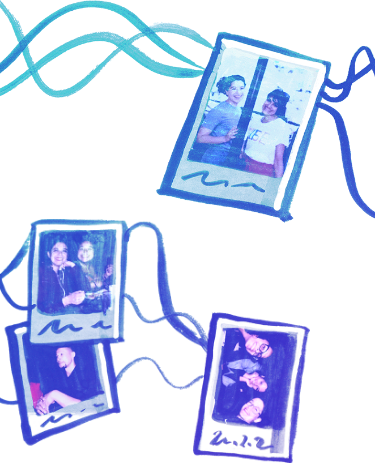


In the midst of a challenging and unusual year that brought changes to our work and our lives, our team lived through many personal milestones. Spread across 11 countries, we welcomed new family members and celebrated kids’ birthdays. Despite the limitations of a pandemic–and across varied lockdowns, quarantines and travel restrictions–some of us moved to new apartments, new cities and even new countries.
Many of us started (and some even finished!) home improvement projects, including gardening, composting and redecorating. Of course, lots of baking and cooking happened in our homes, too. Some of us conquered long-term illnesses, finalised dissertations, got new diplomas, hiked to new (to us) places, and tried our hand at unfamiliar sports. We read a lot of books, watched many shows and movies and swapped all of our best recommendations as the weeks flew (or crawled, depending on the week) by.
Above all, something we all did this year was re-learn how to take care of ourselves, our families and our communities.
Fantastic consultants like Alan Zard, Alma Rangel, Althea Balmes, Ana M. Polanco (Coaching with Ana), Anna Colom, Bailey Cordrey, Brittany Norris, Charlotte Andersson, Cheekay Cinco, Chris Michael (Collaborations for Change), Daniel Jubelirer Coaching, Dimitri Stamatis, Francisca Mora, Gabriela Ivens, Ignacio Heredia, Juan Arellano Valdivia (Casa Digital), Laura Vidal, Laura Walker McDonald, Lorraine Chuen, Lucie Maria Momdjian, Madeleine Maxwell, María Nela Díaz, Matildetilde, Maya Richman, Paula Alzualde, Salam Shokor, Stacy Ewah, Steffania Paola, Viktoria Vass-Bryan, and Wendy Edelstein (Changeover Coaching).
Funders such as CAST, Ford Foundation, Hewlett Foundation, Internews, Oak Foundation, Open Society Foundations, and Sigrid Rausing Trust.
And wonderful partners including Amnesty International, Centro de Desarrollo Sostenible, FRIDA The Young Feminist Fund, Girolabs, Global Voices, HURIDOCS, L’Arche, PILPG, Save The Children, SumOfUs, University of Essex, and Zerebro Interactive.

As we move into 2021, we remain deeply committed to working with social justice movements to use technology and data in safe, responsible and strategic ways, while actively mitigating the vulnerabilities created by digital systems. The years ahead will see us:
Supporting social justice groups to strengthen and defend their digital operations, especially in contexts where their work is sensitive or subject to increased scrutiny.
Continuing to help activist communities conduct their service delivery, operations and organising on offline and, increasingly, digital realms.
Increasing the scope of our coaching to individuals and organisations so that they can build their intuition around technology, allowing them to make the most rapid digital change while protecting themselves from harm.
Encouraging the use of tech tools that foster adaptation and reuse, given that resources available for civil society will likely continue to dwindle in the financial aftermath of the pandemic, as indicated by previous economic crises.
Promoting responsible data practices and technology choices by nonprofits.
Exploring alternatives to platforms and tools that bolster surveillance capitalism, especially within the context of increasing adoption of intrusive tech, facilitated by the pandemic and its attendant increase in use of digital platforms.
If this sounds interesting or useful for your work, we’d love to hear from you! Send us a note at hello@theengineroom.org, find us on Twitter or learn how we can strengthen your work through our light touch support. You can also sign up to our newsletter to get regular updates about what’s going on at The Engine Room.